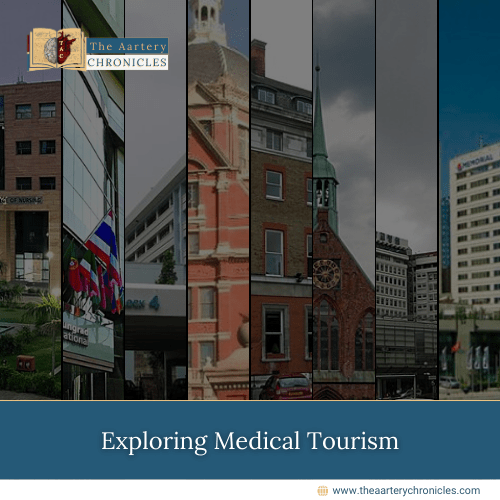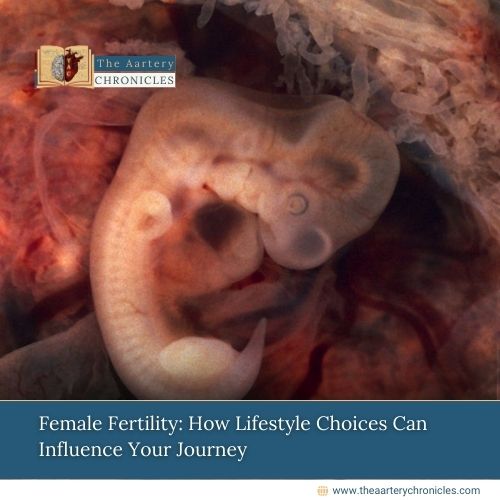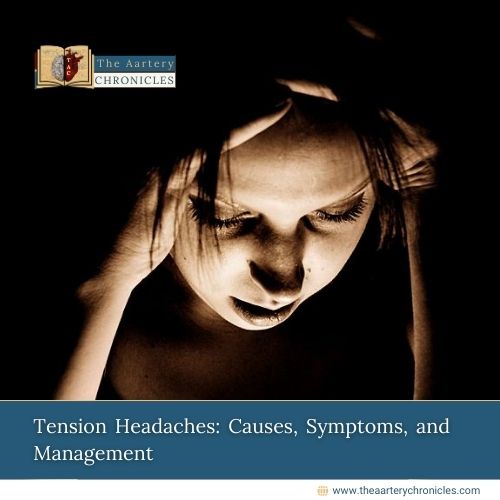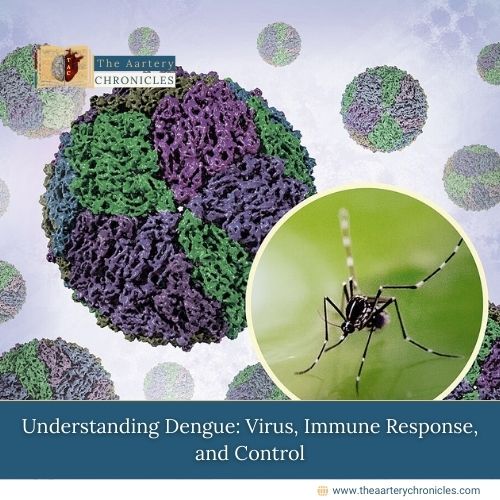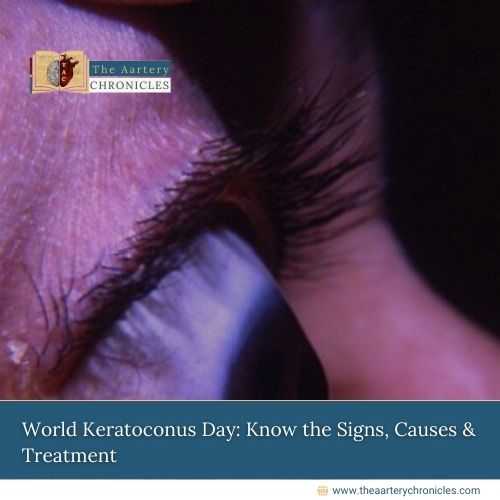

Why Urban Kids Get More Allergies Than Rural Kids
A new study by the University of Rochester Medical Center (URMC) sheds light on why children growing up in cities are more likely to develop allergies than those in rural areas. The research highlights a newly identified type of immune cell that might be driving these differences.
Discovery of a Pro-Allergic Immune Cell
Researchers found a special type of immune cell, a subgroup of T helper 2 (Th2) cells, which seems to play a key role in triggering allergic reactions. T cells are an essential part of the body’s defence system, usually helping to fight off infections. However, this type of Th2 cell appears to wrongly identify harmless substances, like certain foods or pollen, as threats.
“These cells are more aggressive than any similar cells we’ve seen in allergic responses before,” said Dr. Kirsi Jarvinen-Seppo, the study’s senior author and head of Pediatric Allergy and Immunology at UR Medicine Golisano Children’s Hospital.
Higher Levels of Allergy-Linked Cells in Urban Babies
The study compared blood samples from infants in urban areas with those from rural farming communities, specifically the Old Order Mennonites in New York’s Finger Lakes region—a group known for having very low allergy rates.
Urban infants were found to have significantly higher levels of these pro-allergic Th2 cells, while rural infants had more regulatory T cells. These regulatory cells help keep the immune system calm and prevent it from overreacting to harmless substances.
How the Environment Shapes the Immune System
Though the exact cause is still under investigation, researchers believe early-life exposure to different microbes may play a role. Rural environments, especially farming communities, are rich in a variety of healthy bacteria. This diverse exposure might help teach the immune system to tolerate rather than attack certain substances.
“In farming communities, children are surrounded by more bacteria from animals, soil, and plants,” explained Dr. Jarvinen-Seppo. “This seems to encourage the development of a more balanced immune system. Meanwhile, city living may limit this exposure, potentially leading to a more allergy-prone immune system.”
Conclusion
This research is part of a larger, multi-million-dollar project funded by the National Institutes of Health (NIH) to explore how early life environments influence immune system development. In 2023, the research team received a $7 million grant to continue this work.
The ultimate goal is to uncover ways to prevent allergic diseases. Possible future treatments might involve probiotics or other microbiome-supporting therapies to help train the immune system in urban children.
“If we can figure out what’s behind these immune differences, we may find new ways to reduce or even prevent allergies in children,” Dr. Jarvinen-Seppo said.
Source: Inputs from various media Sources

Priya Bairagi
Reviewed by Dr Aarti Nehra (MBBS, MMST)
I’m a pharmacist with a strong background in health sciences. I hold a BSc from Delhi University and a pharmacy degree from PDM University. I write articles and daily health news while interviewing doctors to bring you the latest insights. In my free time, you’ll find me at the gym or lost in a sci-fi novel.

